A reality check on the connectivity of ‘things’
Are wearables really going to take off in a big way, or has the hype gotten out of control? Mark Samuels takes a look...

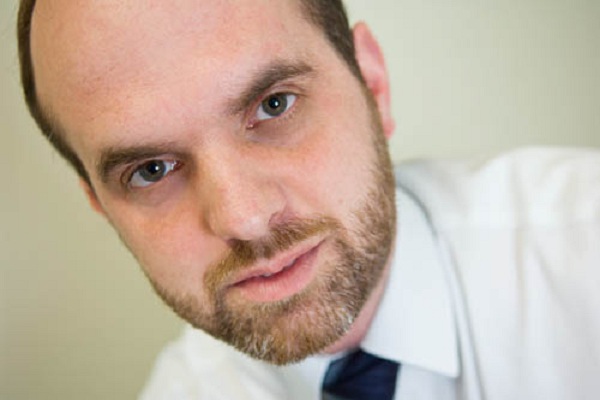
Sign up today and you will receive a free copy of our Future Focus 2025 report - the leading guidance on AI, cybersecurity and other IT challenges as per 700+ senior executives
You are now subscribed
Your newsletter sign-up was successful
Everyone needs to pause for reflection. Wearable devices and the Internet of Things (IoT) might represent the next frontier for digital development. But, in terms of colonising core consumers, technology companies and retailers are still stuck at the periphery.
The hype for this nascent area has reached cacophonous levels. The recent 3.8 billion merger of Dixons and Carphone Warehouse, for example, was presented as a way for the newly merged entity to take advantage of the connectivity of things' during the next decade.
An executive from Dixons Carphone was quizzed post-merger on television about the move. To prove his point, he pointed to his smart watch and demonstrated how he could check text messages and social updates.
The smartphone is a wearable device and isn't usually classed in the same category as the IoT, which is more commonly linked to connected fridges that will be able to tell you when they're out of milk.
But the Dixons Carphone executive didn't have a fridge from the future, so he had to rely on his smart watch. After seeing a demonstration, the reporter raised an obvious question: "Isn't that watch just offering the same things as the smartphone?"
Consultantcy firm Deloitte came to a similar conclusion in its 2014 technology trends report, suggesting many wearables - such as fitness bands and smart watches - will probably never become mainstream.
The hope for greater consumer colonisation comes in the form of smart glasses, such as Google Glass. Deloitte suggests demand for smart glasses will surpass 100 million by 2020. But that is six years away.
Sign up today and you will receive a free copy of our Future Focus 2025 report - the leading guidance on AI, cybersecurity and other IT challenges as per 700+ senior executives
And while there is no doubt that many of the things we use every day will soon be connected to the internet, only a fool would try to predict which companies, devices and applications will dominate this nascent market in 10 years' time.
As my colleague CIO Connect CEO Nick Kirkland concluded in a recent blog: "Perhaps an equivalent to Steve Jobs is already working on the next revolution?"
Maybe Dixons Carphone is about to unleash such a genius? Or maybe - as with the rise of Google and Amazon during the first internet boom of the late 1990s - the genius will emerge from an entirely new location? Your guess is as good as mine.

Mark Samuels is a freelance writer specializing in business and technology. For the past two decades, he has produced extensive work on subjects such as the adoption of technology by C-suite executives.
At ITPro, Mark has provided long-form content on C-suite strategy, particularly relating to chief information officers (CIOs), as well as digital transformation case studies, and explainers on cloud computing architecture.
Mark has written for publications including Computing, The Guardian, ZDNet, TechRepublic, Times Higher Education, and CIONET.
Before his career in journalism, Mark achieved a BA in geography and MSc in World Space Economy at the University of Birmingham, as well as a PhD in economic geography at the University of Sheffield.
-
 Researchers call on password managers to beef up defenses
Researchers call on password managers to beef up defensesNews Analysts at ETH Zurich called for cryptographic standard improvements after a host of password managers were found lacking
-
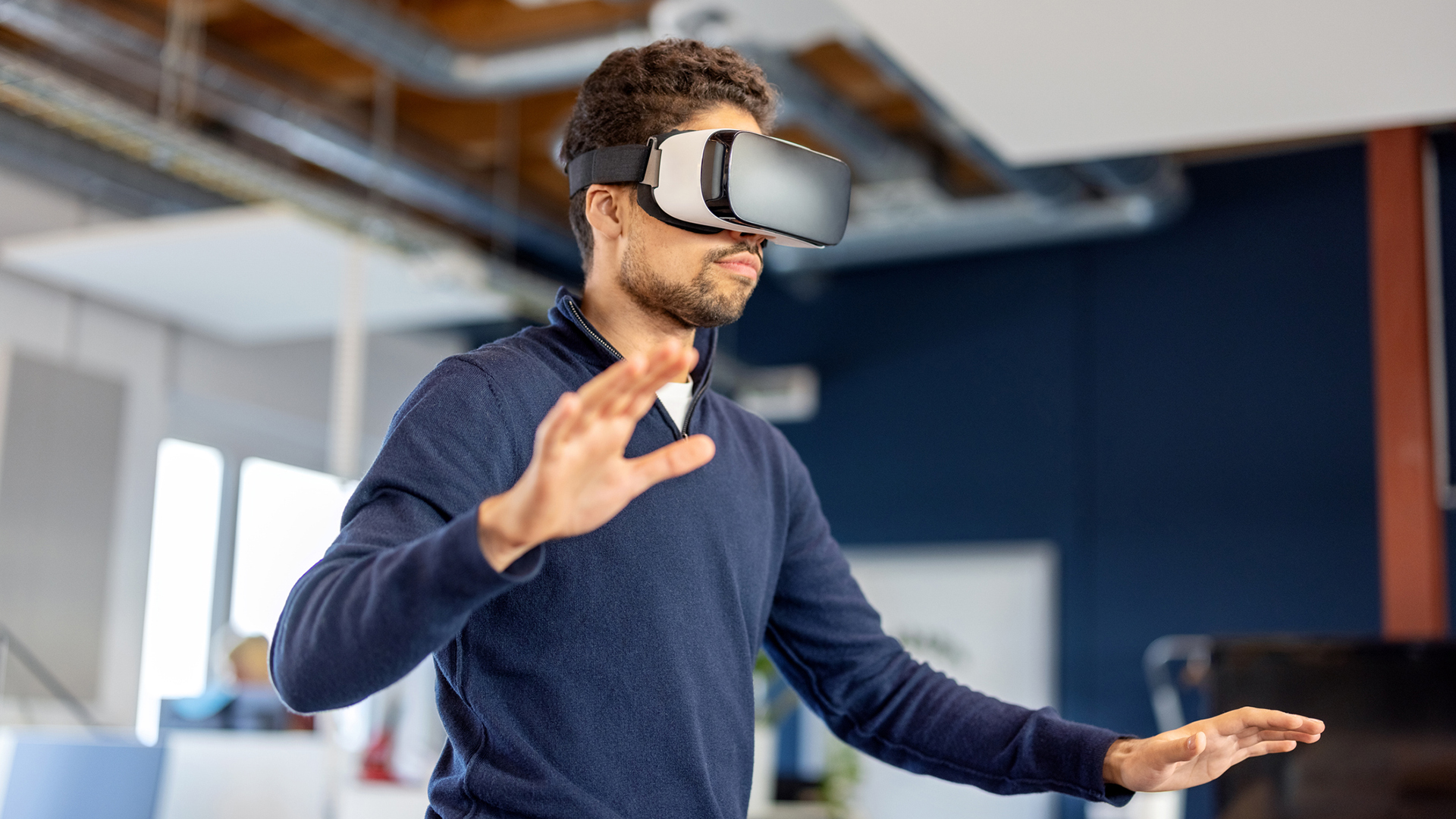 Is there a future for XR devices in business?
Is there a future for XR devices in business?In-depth From training to operations, lighter hardware and AI promise real ROI for XR – but only if businesses learn from past failures
-
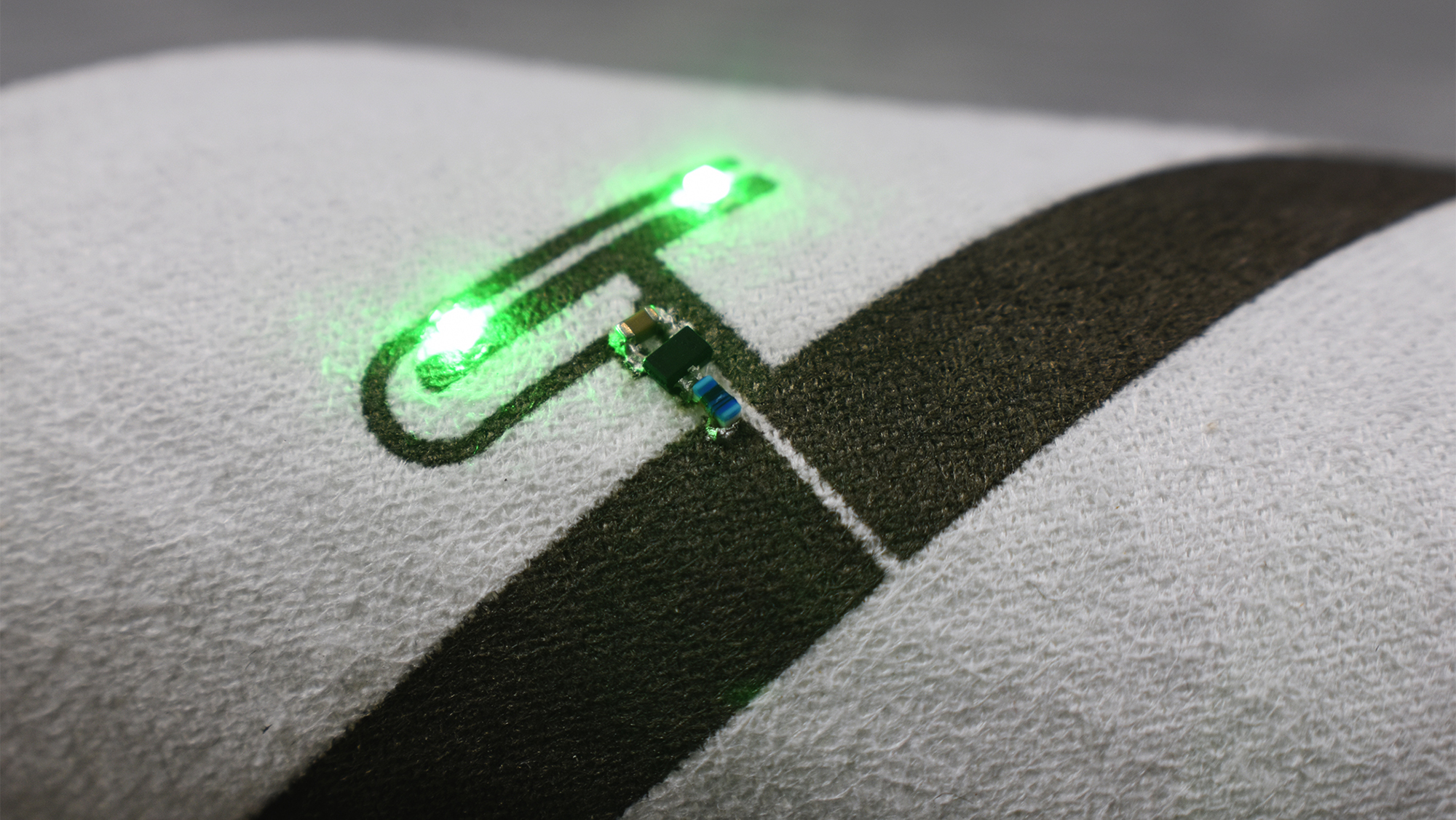 Connected Cloth: Your new digital epidermis
Connected Cloth: Your new digital epidermisIn-depth eTextiles, smart fabrics and connected clothing could revolutionise wearable tech
-
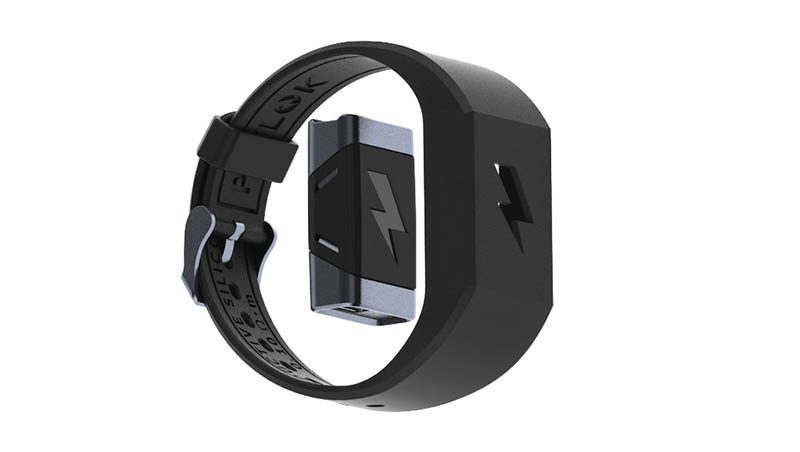 Pavlok electric shock wristband could be security risk
Pavlok electric shock wristband could be security riskNews The wristband that supposedly stops over-spending could be hacked according to Kaspersky Lab
-
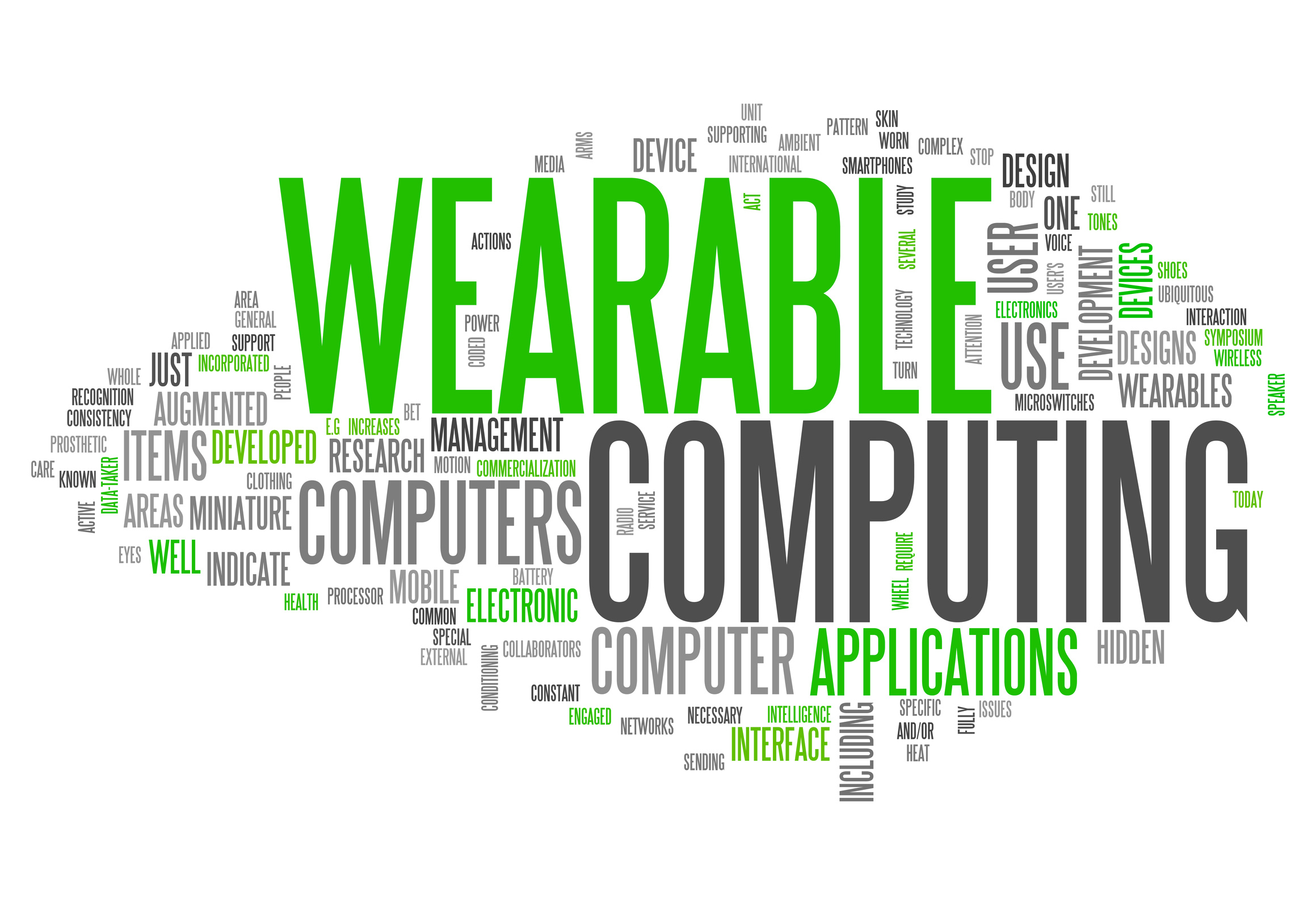 Beyond illness: the future of healthcare technology
Beyond illness: the future of healthcare technologyIn-depth How can advances being made in health and wellbeing influence the future of work?
-
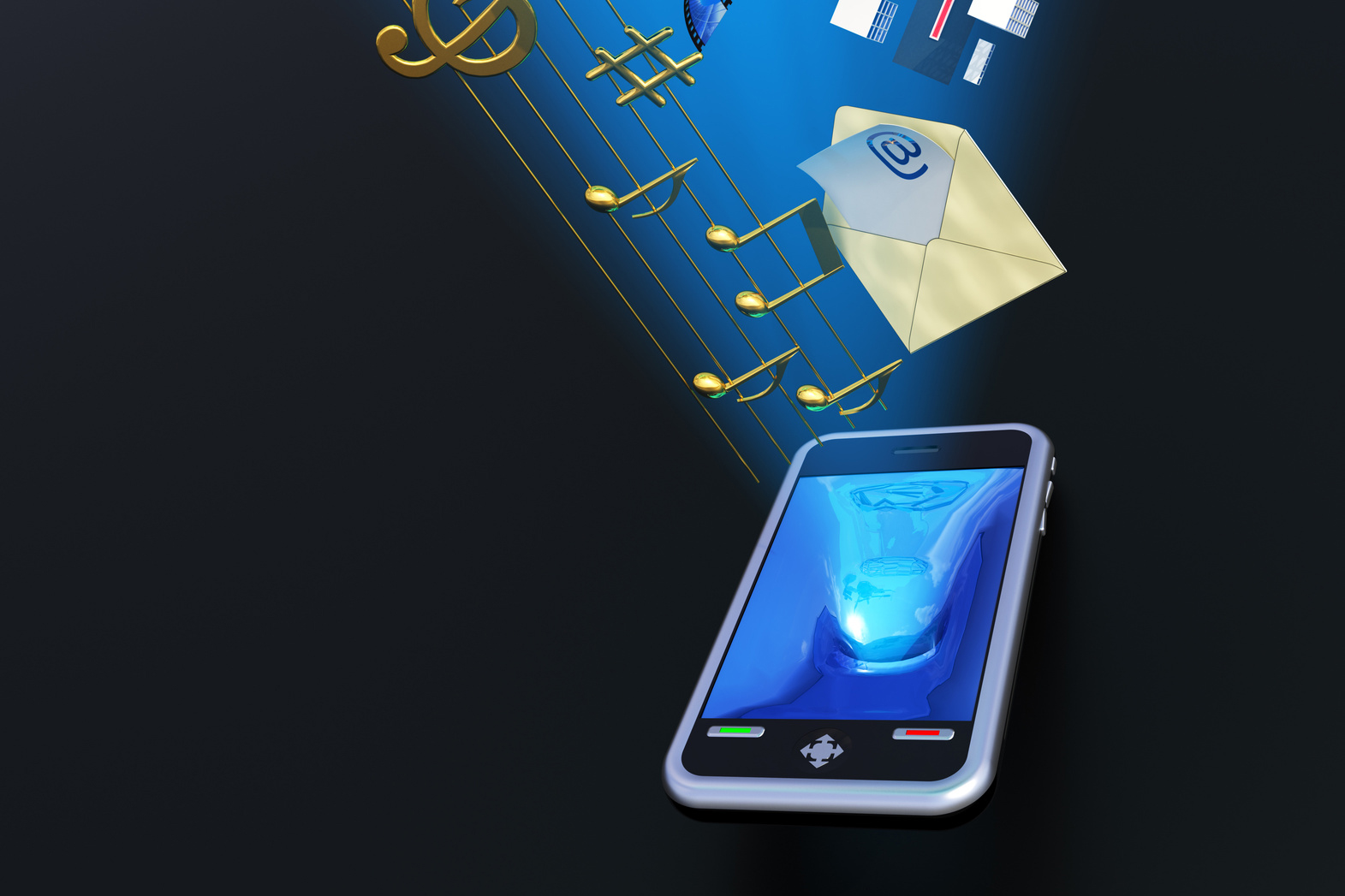 Mobile data traffic to increase 11-fold by 2018
Mobile data traffic to increase 11-fold by 2018News Mobile devices, the internet of things and wearable computers will contribute 190 exabytes of data by four year's time